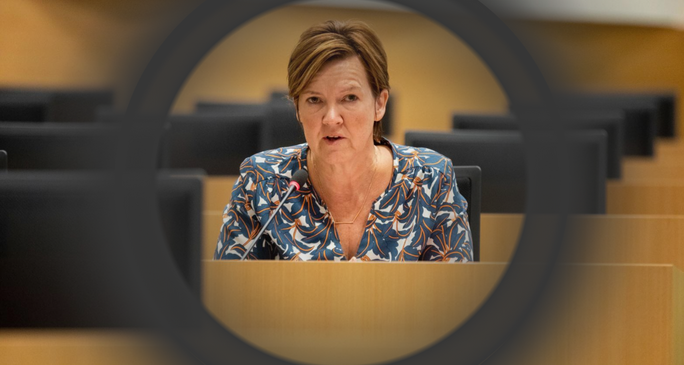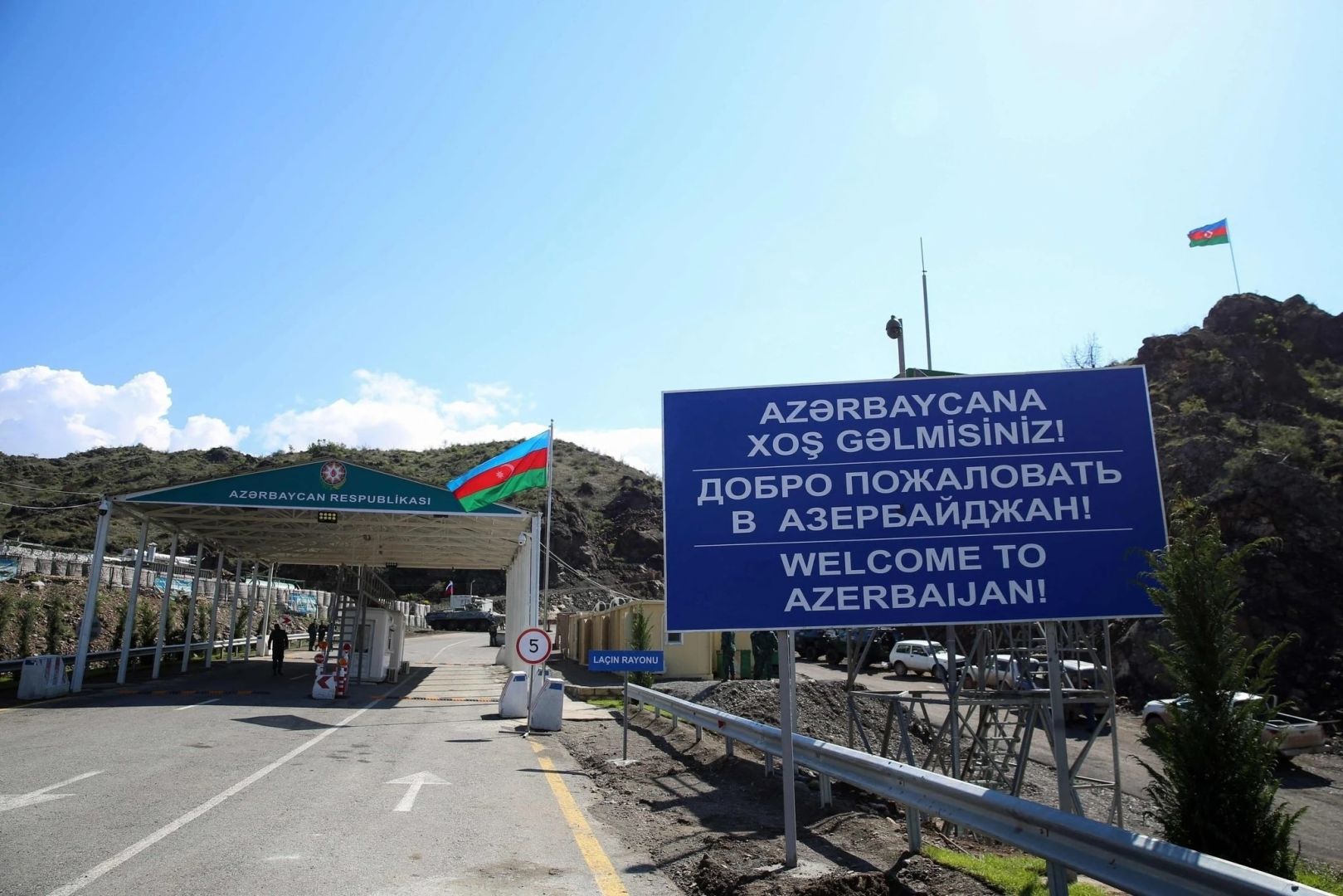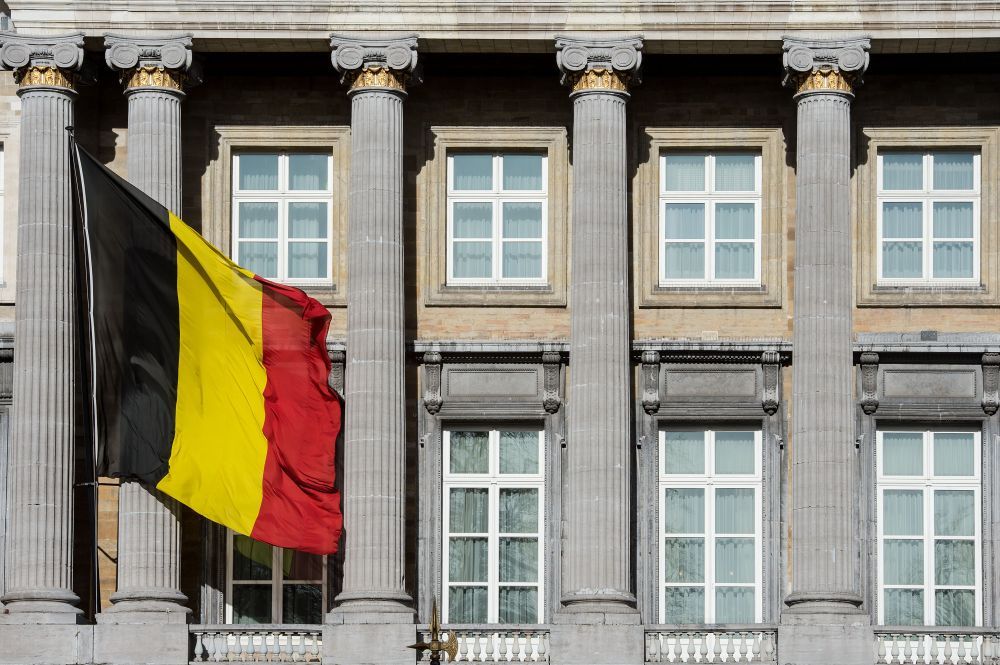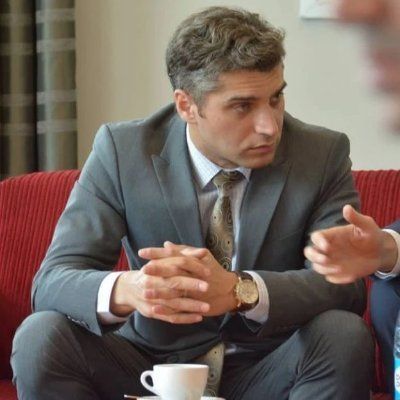Brussels is once again stirring the pot and reigniting tensions
in the South Caucasus with its unnecessary interventions. This is
not the first time, but the manner in which the Belgian Federal
Parliament’s Foreign Affairs Committee has approached the issue
raises serious doubts about the political system’s integrity, both
within the Committee and the country as a whole.

Els Van Hoof, a Belgian Federal Member of Parliament, recently
told Armenian media that her government stands in defense of all
Armenians, claiming that Belgium shares the same democratic values
as Armenia. But what democratic values is she referring to? It is
particularly ironic that Belgium—whose colonial past is marred by
exploitation, imperialism, and historical atrocities—would invoke
these values while supporting a country that occupied Azerbaijani
lands for over three decades.
Belgium’s colonial history, including its past control over
Rwanda, Burundi, the Congo, and the Lado Enclave until the 1960s,
casts a long shadow. It’s no surprise, then, that Belgium seems to
have an affinity for Armenia. But what is less expected is
Belgium’s calls for justice on behalf of a group of war criminals
who used the Lachin road to smuggle arms and ammunition for
terrorism, and are now facing trial for crimes against humanity in
Baku.
It is likely that the Armenian lobby has once again worked its
magic, influencing Belgian politicians with misleading information
about the South Caucasus. If not for this influence, how else could
Belgian lawmakers—who seem to lack even the most basic
understanding of the region’s geography—make such uninformed
statements?

First and foremost, the Lachin road is part of Azerbaijan’s
territory. During the occupation, this route was used for the
illegal settlement of Armenians in the region. Historically, it was
a transit route for Armenians traveling between deoccupied Garabagh
and Western Azerbaijan—today’s Armenia—because of the natural
terrain between Zangazur in the east and the western part of
Azerbaijan, which made it a more convenient path. Over time,
Armenians who sought to expand their territorial claims in the
region began portraying the Lachin road as their own “corridor,”
even though its historical use was different.
This narrative also extends to the Zangazur corridor, which
plays a significant role in the broader strategic context,
including Azerbaijan’s territorial integrity – the only segment
that connects Nakhchivan to Azerbaijan’s mainland and the territory
that has been usurped in the late 1920th. Since 2020, these
Armenian territorial ambitions have faltered. Armenia’s long-held
territorial aspirations have been thwarted, and today, Yerevan,
along with its international lobbyists, continues to peddle
fabricated historical narratives to mislead Western
politicians.
Belgium may have a sentimental attachment to Armenia and
Armenians, but this platonic affection does not give the country
the right to violate international law. No matter what resolutions
or sanctions they may contemplate against Azerbaijan, such actions
will ultimately backfire. If they continue to disregard
international laws, they should not underestimate Azerbaijan’s
ability to restore the rule of law in the region.

